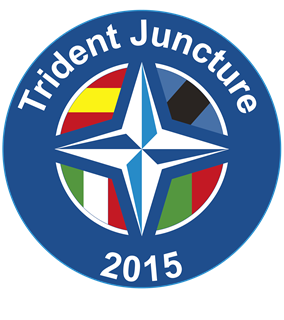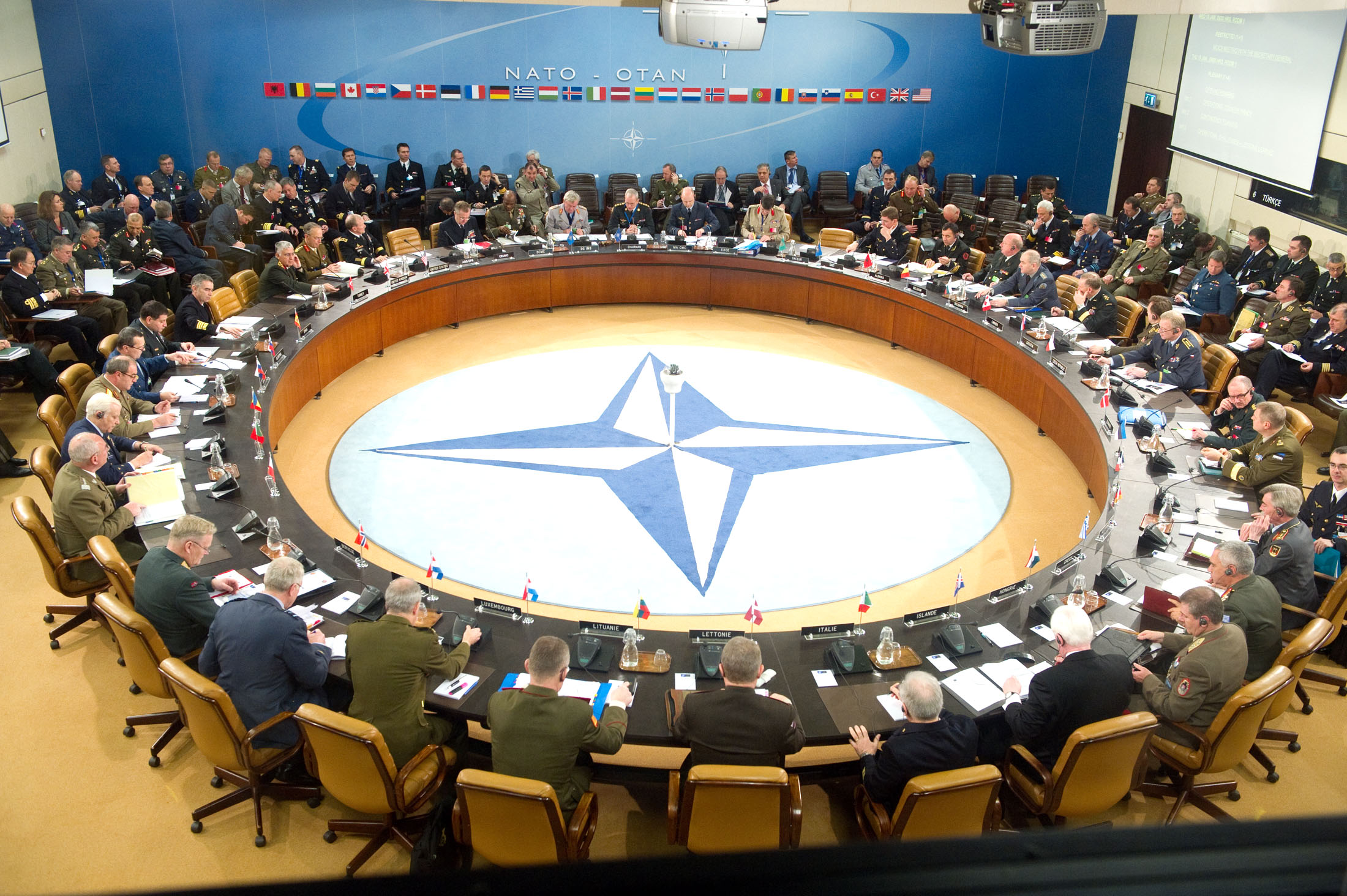Aaron Willschick looks at the primary issues revolving around NATO’s smart defence initiative and argues that it is time for Europe to reinvest in their defense budgets.
It may now be a distant memory, but there was a time when the defense budgets of the major NATO countries were relatively unconstrained and budget sharing was more equalized. Now since the financial crisis of 2008, many NATO states have significantly scaled back their defense budgets leaving the United States to carry the brunt of the financial burden to propel the Alliance forward. Many Western European countries have slashed defense budgets to such an extent that the U.S. now accounts for almost three-quarters of total NATO defense spending according to U.S. envoy to NATO Ivo Daalder. Daalder claims that the European allies are not spending their budgets wisely and the gap with the U.S. is widening to an unsustainable level. According to Daalder, the U.S. is concerned that Europe is not investing enough in defense to remain a viable military partner in the future, which would put the long-term existence of NATO into serious question.
With such a lack of funds, the Western European allies have resorted to what it is being referred to as “smart defence.” Smart defence emphasizes NATO’s desire for greater multinational cooperation within the Alliance by promoting pooling and sharing of resources between countries. Currently, there is a large-scale, two-week long military exercise taking place in northern Spain featuring aircraft from Belgium, the Czech Republic, France, Germany, Italy, the Netherlands, Spain and Sweden. A team of mechanics from all of the participant countries work together on one another’s planes and equipment while all conversing in English. The exercise is designed to portray a picture of seamless pan-European cooperation with the countries even pooling spare parts and their tools. The primary idea behind “smart defence,” which was formally launched in 2010, is that European allies can retain some degree of military might and keep their budgets in check by cooperating on how they buy and operate costly defense equipment. It is an attempt at integrating the defense sector and to make Europe more powerful than the sum of its parts.
[captionpix align=”right” theme=”elegant” width=”350″ height=”500″ imgsrc=”http://www.armybase.us/wp-content/uploads/2009/07/Ivo-Daalder.JPG” captiontext=”U.S. Envoy to NATO Ivo Daalder has been critical of European allies”]
Despite its perceived benefits, “smart defence” has been criticized by defense experts in both Europe and the U.S. for fear that it may become an excuse for further defense spending cuts. There are also questions as to how much money it actually saves which to say the least, is difficult to calculate. Even with these questions, “smart defence” is certainly a worthy initiative and something that NATO should have been strongly pursuing even before the financial crisis. At the same time, smart defense does not excuse Europe from carrying its weight with regards to NATO. If European allies are going to continue to reap the benefits of the Alliance then they should be forced to up their contributions. Daalder has stated that apart from the U.S., only three of the 28 NATO states, Britain, Greece and Estonia, have met NATO’s goal of spending two percent of their economic output on defense.
This is startling, especially considering the fact that Greece was hit the hardest of all by the financial crisis. If Greece is able to meet the spending mark then what does that say about the wealthier NATO members such as France, Germany and Canada? There are lessons to be learned in this instance for both the U.S. and the rest of the NATO bloc. Despite the U.S. continuing to be the driving force behind NATO, it should take steps to familiarize itself more with smart defence and saving, not duplicating. On the other hand, the European countries are coming across as a bunch of free-riders. The financial crisis is now beginning to pass which is making it increasingly difficult for Europe to use it as an excuse. “Smart defence” can work with a collective effort that must include all NATO countries, including the U.S. But it should be stressed that it is not a universal solution to NATO’s budget woes. It is time for Europe to reinvest in defense and begin to even things out. If the European allies are not willing to do so, then a significant dialogue on the future viability of NATO as a defense alliance needs to begin in the very near future.




